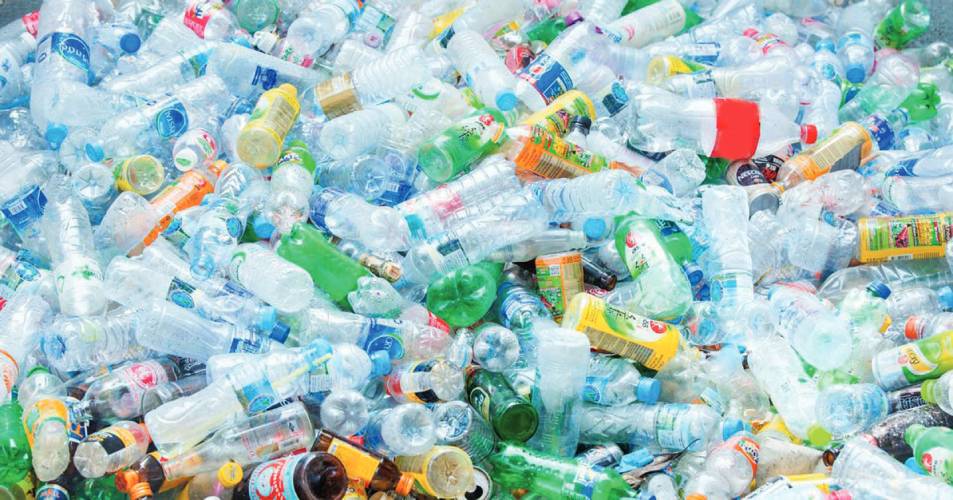Covid-19, food delivery brings rise in plastic and infectious waste
Often, evolving lifestyles, and the technology it brings, are first regarded for their revolutionary game-changing effect before facing down the road the negative unintended consequences of the change. It was decades between when we celebrated the way air travel allowed you to see the world and when we started talking about “carbon footprints”. Many years went by between seeing the world’s knowledge at your fingertips online before the rise of the darkweb. We all thought mobile phones brought us together as a species before we devolved into drones ignoring the world around us as we waste endless hours staring at TikTok videos.
And in the age of Covid-19 lockdowns and restaurant closures, online food delivery services are the latest tech-friendly lifestyle improvement with an unfortunate dark side. The cabinet Tuesday released an environmental situation report that cited a sharp rise in plastic waste and infections waste with society’s increased reliance on food delivery services.
As Covid-19 pushed many people to work from home, barred in-person dining in restaurants, and even forced us at times into lockdowns, the demand for food delivery at home has skyrocketed. The government’s deputy spokesperson discussed the findings in the report and highlighted the dilemma created by the increase in plastic disposable packaging waste food vendors need when sending out food for delivery instead of serving on washable dishware in their restaurants.
They encouraged food businesses and delivery services operators to both endeavour and innovate to reduce the amount of plastic packaging used in delivering meals. The spokesperson also warned that consumers should be active in sorting their rubbish to separate recyclables and plastic waste as well as infectious waste.
Another unwelcomed Covid-19 byproduct is the abundance of garbage such as used face masks that may be containing and spreading infectious material. The recommended procedure that is rarely fully followed is for all used masks and other infectious waste to be double-bagged in plastic that is then tied tightly to be sealed and clearly labelled as infectious materials before being placed for collection.
The report warned that these issues of increased waste play a part in the overall environmental concerns facing Thailand today. Additional areas of risk to the environment’s well-being are worse urban air pollution, lower available water reserves in reservoirs and dams, and increased risk of forest fires.











